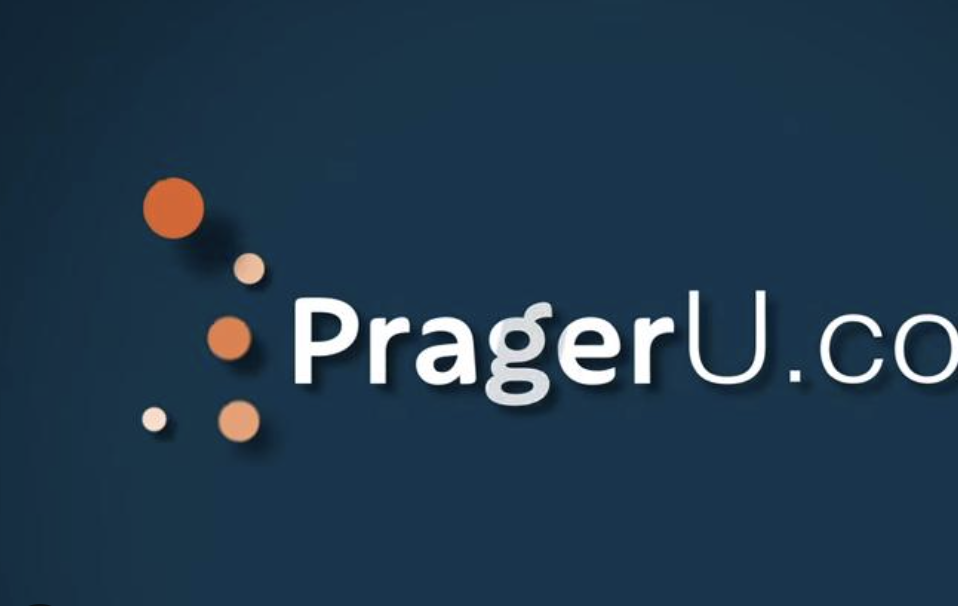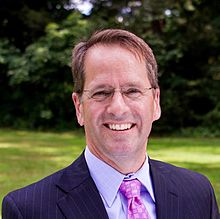
New Hampshire taxpayers are spending as much as 100 percent more per student as school enrollment continues to slide, and some school districts are fighting to have the state pay more per student.
“The tax burden is incredible, and half of it goes to the schools,” said Dublin’s Leo Plante.
Plante is a local activist who tried unsuccessfully to get his town to withdraw from the Contoocook Valley School District, citing the town’s dwindling student population. As part of the ConVal district, Plante thinks too much Dublin money is leaving and going for students in the eight other towns in the district.
ConVal has been losing students for 20 years. At the same time, spending on K-12 education has risen. On a per-pupil basis, it’s up more than 100 percent.
And it is not just in Dublin. According to data released by the New Hampshire Department of Education, across the state the cost per pupil has gone up an average of 78.4 percent since 2000. That was faster than the rate of inflation.
The steady increase is coupled with a 22 percent drop in the number of students since 2002. That year, there were 207,648 students enrolled in schools. The number has fallen to 161,755 enrolled for the current school year.
As a result, taxpayers are spending an average of nearly $20,000 per pupil, with the total cost of New Hampshire’s education system coming in at $3.5 billion in the 2021/2022 school year.
ConVal’s 20-year trend has seen a 34.6 percent decline in the number of students while the cost per pupil has shot up 103.5 percent. ConVal started the 2022/2023 school year with 1,969 students, and 10 years ago there were more than 2,200 students in the district.
Taxpayer activists want to know when declining enrollment means lower property taxes for Granite State homeowners.
“Clearly, school boards and SAUs are shrinking class sizes and padding school administration,” said Dan McGuire with Granite State Taxpayers. “If student performance was improving this extra spending might be justified, but unfortunately it is not. Voters need to pay attention to who they put on school boards, and those boards in turn need to rein in their superintendents.”
Janine Lesser, vice chair of the Contoocook Valley School District, has heard the argument that it should not cost more to educate fewer students. She said looking just at enrollment figures and the cost per pupil data is misleading.
“There’s a lot of the perception that if you have fewer students your costs should decrease, that the general budget should somehow decrease, and in some sense that’s true,” Lesser said.
But there are many factors behind the steady cost increases. Pay for employees, health insurance, electricity costs, heating costs, and building maintenance have all gone up in price throughout the economy, and school districts are no different, she said.
Critics note that doesn’t explain how school costs have risen faster than inflation, nor does it factor in the key elements in classroom education whose costs have declined — most notably tech like laptops, tablets, etc. Even the claim about energy costs is dubious. The price of heating oil and gasoline both plunged significantly during the downturns of 2007 and the COVID pandemic. And yet, taxpayer advocates say, somehow school property taxes kept going up.
The student enrollment decline is steady, but usually slight year to year, Lesser said. ConVal shrunk by 13 students this year, not enough to really impact the budget for a district that includes nine towns and several school buildings.
“All of the overhead costs don’t decrease that way. You can’t do away with a bus route for 13 students, you can’t decrease heating costs by 13 students, and you can’t decrease building repairs by 13 students. All of the costs remain,” Lesser said.
Plante doesn’t buy that argument, saying ConVal is top-heavy with too many administrators uninterested in watching out for the taxpayers who fund a large part of the education.
“It’s the inability of the administration to reduce costs in line with enrollment,” Plante said. “Someone has to have the courage on these school boards to say we can’t keep doing it this way.”
In part, Lesser blames lawmakers in Concord and Washington D.C. for fueling the rising cost per pupil by shoving unfunded mandates onto the districts, forcing local taxpayers to pay more.
“The unfunded mandates come down fast and furiously from the legislature, from both sides,” she said.
The federal government mandates local districts provide services for special education students, and it mandates transportation for students, but it does not help the district pay for these services. In 2020, the state started mandating a new STEM curriculum starting in kindergarten, but it does not come close to covering the costs.
Lesser said more is coming, as there are already 218 bills introduced in the New Hampshire legislature dealing with education that could end up costing local taxpayers more. All of this leaves school boards and school administrators struggling to put together budgets that will give students the best education possible, while not spiking local property taxes.
“It’s a fight every year to balance the needs of students with the needs of taxpayers,” Lesser said.
Claremont School Board Chair Michael Petrin is working hard on striking that balance. He’s trying to get the district to put together a budget that includes a needed raise for teachers, and one that won’t give taxpayers any more sticker shock.
“Purse strings are starting to tighten and going to this community to ask for money to help our teachers is really a tough topic,” Petrin said. “My grocery bills at least doubled over the last year and a half. There are families out there struggling to make ends meet.”
Last week, the Claremont School Board sent the district’s budget proposal back to Superintendent Michael Tempesta and his team to find another $1 million in cuts, hoping to bring the total budget number in low enough for voters to support the plan at the ballot box in March.
“We’re working hard to not kill the taxpayers and keep the teachers at the pay rate that keeps them here in the district,” Petrin said.
Petrin’s balancing act is complicated by the fact the Claremont district has also been steadily losing students. Last year’s average daily attendance in Claremont schools was a little more than 1,600 students. The figure was more than 1,700 a decade ago.
During that time, Claremont taxpayers have seen the cost to educate the shrinking number of pupils rise nearly every year, typically around 3 percent a year, according to state data.
Over the past twenty years, the district lost 24.6 percent of its student population while the annual cost per pupil rose 57.2 percent.
Rep. Walter Stapleton, R-Claremont, said part of the rising cost is that the buildings in Claremont’s district are obsolete. They were built for a time when the district had more people, and the city had more jobs.
“We used to be a big industrial town here with a lot of students and a lot of people,” Stapleton said. “It costs a lot to maintain that big infrastructure to support a shrinking number of students. It’s a tough problem.”
Department of Education Commissioner Frank Edelblut said the main drivers of the student decline are New Hampshire’s aging population and the state’s low birth rate. There are simply fewer school-aged children living in New Hampshire. School districts need to understand the decline is likely to continue, he said.
“It is important for school leaders to understand how declining enrollment numbers may be impacting their districts and how to plan accordingly for the future,” Edelblut said.
Zack Sheehan, project director with New Hampshire School Funding Fairness Project, said the cost to educate students in New Hampshire will keep rising as long as the state and federal government continue to push down unfunded mandates.
“Schools are providing more services to students today than ever before, many of which are laws and regulations passed by the state that do not include increased funding. Many of these are important standards that support our students and schools, but they are not free,” Sheehan said.
How taxpayers will keep paying for fewer students is still being contested decades after the legal battle that was supposed to settle the question. Claremont’s district became the epicenter of the education funding fight with the Claremont education funding lawsuits of the 1980s and 1990s. That resulted in the New Hampshire Supreme Court decision that found every child has the right to an education and that the state has an obligation to fund that education.
Now, ConVal is taking the state to court claiming that the state’s $3,600 per pupil a year adequacy grant does not come close to paying for all the required services.
“This is our way to say, ‘this is what you require us to do, and yet this is what you actually give us money to do,’” Lesser said.
ConVal wants the state to fund closer to $10,000 per student per year. For a student population of 160,000, adding another $6,400 per pupil would cost state taxpayers more than $1 billion in new spending per year. With no guarantee that new state revenue would be used to reduce local property taxes.
As the ConVal lawsuit moves closer to trial, the original Claremont lawsuit attorneys are suing the state again, this time challenging the way the state-wide property tax is collected and distributed.
Attorney Andru Volinsky declined to comment on this story.
Stapleton said the state has money now in the form of a budget surplus, and he expects that to be used for education spending. He’s not sure what the long-term outlook will be if the ConVal and Volinsky lawsuits are successful.
“I personally can’t give you the forecast,” Stapleton said.
Plante thinks it’s time for New Hampshire to give parents their tax money back to make their own decisions about how to fund schools, but he admits that kind of a proposal is unlikely.
“I would give every parent the right to use school taxes to send their kids wherever they need to go, I would hand over the school tax to the parent and say, ‘take this money and do whatever you want with it.’ But that’s a pipe dream,” Plante said.












